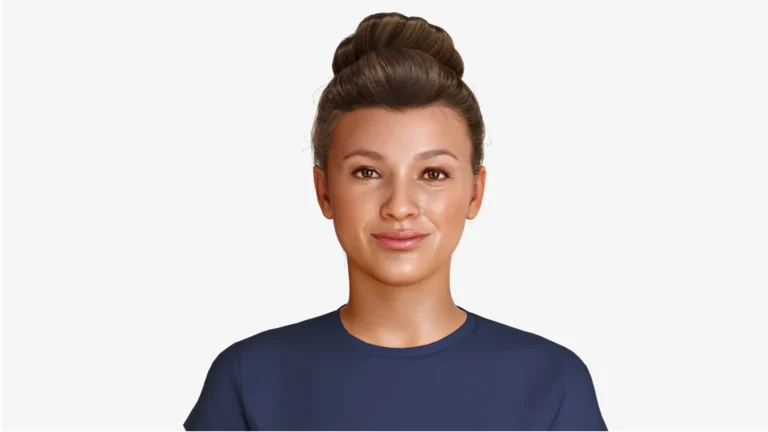
What you should know:
– The World Health Organization (WHO) reveals SARAHA Powered by AI digital health promoter, available 24/7 in eight languages via video or text.
– SARAH gives advice on de-stressing, eating well, quitting tobacco and electronic cigarettes, being safer on the roads as well as providing information on several other areas of health.
About Sarah: WHO’s first digital health advocate
SARAH (Smart AI Resource Assistant for Health) leverages cutting-edge generative AI technology:
- Improved empathic response: SARAH goes beyond scripted interactions, engaging in dynamic conversations that offer nuanced and empathetic support.
- Personalized health information: Access information on a variety of health topics, including mental health and healthy habits, tailored to your specific needs.
- Availability 24/7: SARAH is available anytime, anywhere, on any device, empowering you to take charge of your health journey.
SARAH allows individuals to:
- Understanding the health risks: Get information on risk factors for leading causes of death, such as cancer, heart disease and diabetes.
- Make informed decisions: Access up-to-date information on quitting smoking, maintaining a healthy diet, maintaining physical activity and managing stress.
- Realize your health rights: SARAH is a valuable tool for accessing reliable health information, promoting health equity worldwide.
A call for continued development
The SARAH Project prioritizes continuous learning and development to ensure the highest ethical standards and evidence-based information. WHO calls on researchers, policymakers and healthcare providers to collaborate on the responsible development of AI for the benefit of global health. Previous versions of SARAH were used to deliver critical public health messages, under the name Florence, during the COVID-19 pandemic about the virus, vaccines, smoking, healthy eating and physical activity.
“The future of health is digital, and supporting countries to harness the power of digital technologies for health is a priority for WHO,” said WHO Director-General Dr Tedros Adhanom Ghebreyesus. “S.A.R.A.H. gives us a glimpse of how artificial intelligence could be used in future to improve access to health information in a more interactive way. I call on the research community to help us continue to explore how this technology could narrow inequities and help people access up-to-date, reliable health information.”


